Donate
Give us some money (please). We'll spend it wisely, we promise.
Hosted by Melbourne Fringe Creative Director Simon Abrahams and State Library Victoria Curator Kate Rhodes, this podcast unpacks some of the ideas and dilemmas that lie at the heart of Fringe’s past, present and future. Recorded as part of Melbourne Fringe’s 40th anniversary exhibition The Rest Is Up To You: Melbourne Fringe 1982-2062, which showcased 40 years of our history (plus 40 imagined years still to come) as told by the artists, directors and supporters that helped make it happen.
Unfiltered and unverified, you can now get your hands on the incomplete history of Melbourne Fringe. There is no one official documented history of Melbourne Fringe and right from the beginning, we knew it was impossible to create one. That’s why we’ve created many histories – through our Storybank which invited the people of Fringe to record their own stories for posterity, through our enormous exhibition of multiple perspectives, through our extended podcast and now, through this publication.
Read it online Buy the BookMelbourne Fringe is the longest-running multi-arts festival in Victoria. Through creative programs and partnerships, Melbourne Fringe has consistently provided new and relevant ways of supporting artists and activating audiences.
1982 – A ragtag group of independent Melbourne artists band together to create the Fringe Network, and invite anyone interested to come build it with them. In August a two day mini-festival is held, with a full day pass allowing access to every event for just $2.00.
1983 –The Fringe holds its first festival in March, presenting the work of more than 120 artists across six artform categories.
1984 – The Fringe Festival opens with a parade down Brunswick Street, an event that will cement itself as an anarchic Melbourne institution for the next two decades.
1986 – The international arts festival Spoleto expanded to include Melbourne as one of its host cities, and along the way the Melbourne Fringe was renamed Spoleto Fringe. Spoleto would eventually be reinvented as the Melbourne International Arts Festival, and Fringe’s would reclaim its independence.
1987 – The success of the previous year’s Fringe Furniture exhibition brings about a second instalment… 35 years later, the longest-running Fringe event is still going strong.
1988 – For the third year running critics are almost unanimous in their disappointment with the Spoleto Festival, frequently pointing to the Fringe as the home of the real excitement.
1990 – Attendances at the festival reach 80,000 per year.
1991 – ILBIJERRI stages its first production, Up the Road, at the Melbourne Fringe Festival.
1992 – Destiny Deacon’s Fringe exhibition Kitsch ‘n’ Koori shifts critical dialogue around Indigenous Australian art.
1994 – Fringe takes over three blocks of Swanston Walk for the duration of the Festival.
1995 – Fringe TV launches on Channel 31.
1996 – Fringe Fashion is launched, providing a home for alternative design that will continue until 2002.
1997 – The Buzzcuts program is launched, providing a platform for reviews of Fringe events. Buzzcuts kept up the critical dialogue until 2016.
2001 – New York artist Spencer Tunick invites Melburnians to pose naked en masse for one of his signature photographs. More than – an unprecedented number for Tunick – prove willing to strip down in the middle of St Kilda Road.
2005 – The newly created Malthouse Theatre begins programming Fringe events, with other mid- to large scale venues including the Arts Centre following suit.
2007 – Angry blogger Andrew Bolt pens a two page Herald-Sun opinion piece targeting the Melbourne Fringe. There is no indication he has read a Fringe program or attended a Fringe event, and the images accompanying the screed are from the film Don’s Party that predate the existence of the Fringe by half a decade.
2011 – Melbourne Fringe wins a Tourism Victoria Award for Best Major Event or Festival.
2011 – An economic survey indicates that Melbourne Fringe has an annual impact of over $12 million in the state of Victoria.
2013 – Melbourne Fringe On Tour launches: this new regional and outer-metropolitan program tours work from the Melbourne Fringe Festival, reaching eight regional performing arts centres and bringing independent work to new audiences.
2015 – Melbourne Fringe wins a Melbourne Award for Contribution to Profile by a Community Organisation.
2016 – Ralph Mclean Microgrants program launches, supporting participation by marginalised communities.
2017 – With project partner ILBIJERRI Theatre Company, Melbourne Fringe instigates Deadly Fringe, unearthing and nurturing new First Nations performance works and mentoring First Nations emerging producers.
2018 – The dedicated position of Access and Inclusion Coordinator is created as a commitment to supporting people who are Deaf or with disability.
2018 – XS Program of experimental, contemporary and live art for children begins.
2019 – Melbourne Fringe moves into Trades Hall, both as its new Fringe Hub and as a year-round venue, Fringe Common Rooms. The Festival is home to 458 events attracting more than 358,000.
2020-21 – In the face of a global pandemic and massive lockdowns, Melbourne Fringe still presents two festivals by developing a bespoke digital platform and orchestrating a mass socially-distanced participatory dance event.
2022 – Melbourne Fringe celebrates 40 years with The Rest Is Up To You exhibition, the one-off return of the Fringe Parade and the first in-person Festival in three years.
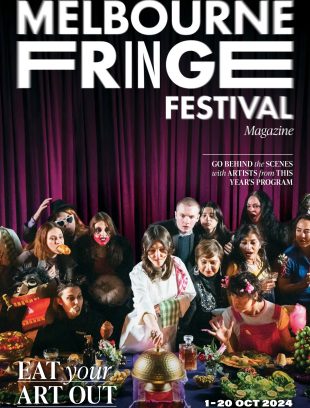
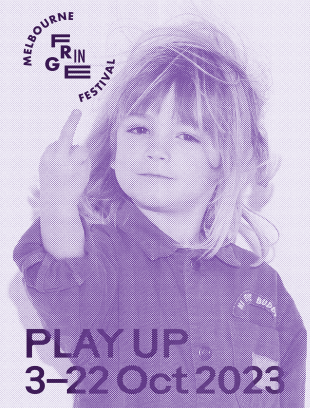
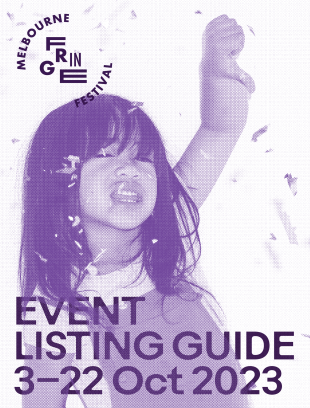
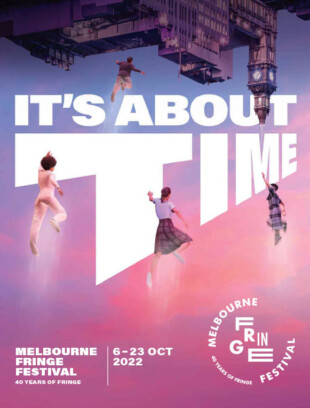
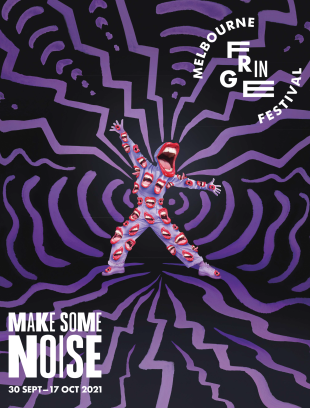
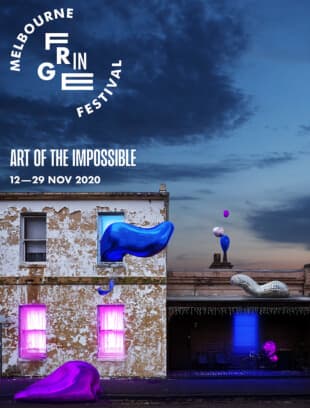
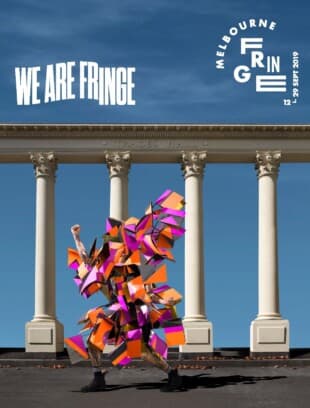
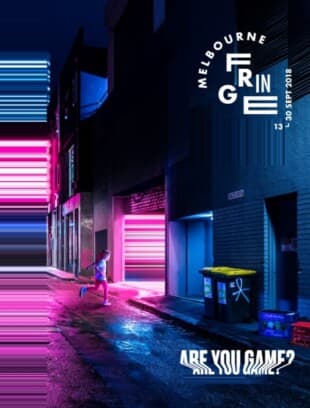
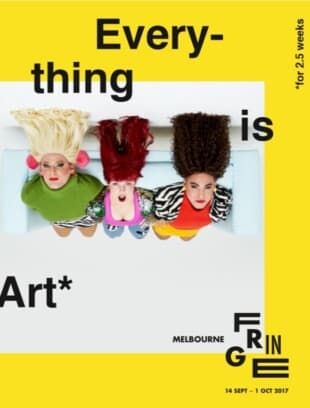
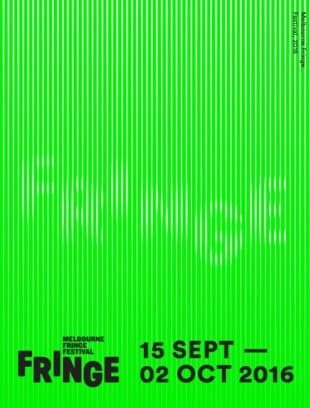
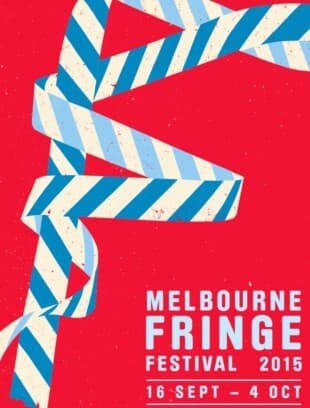
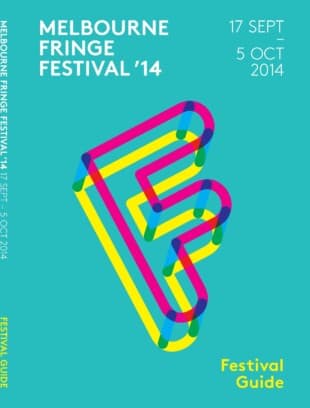
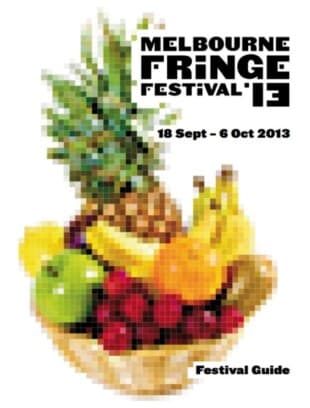
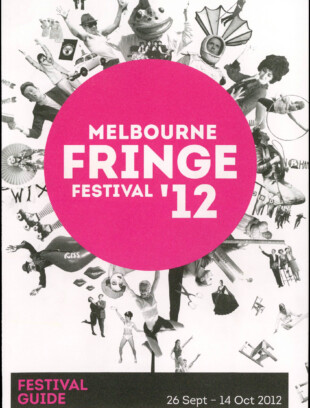
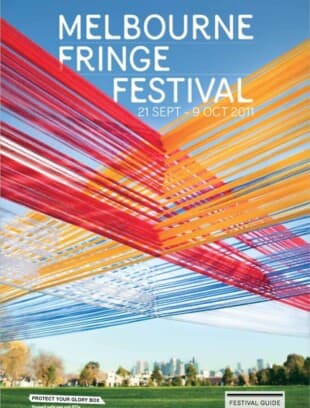
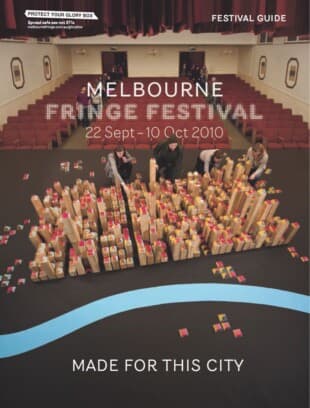
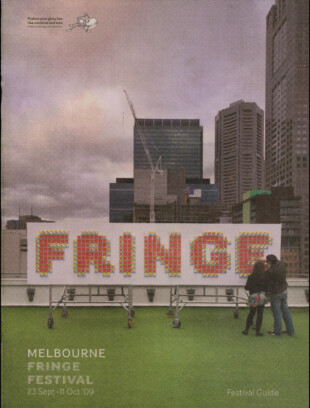
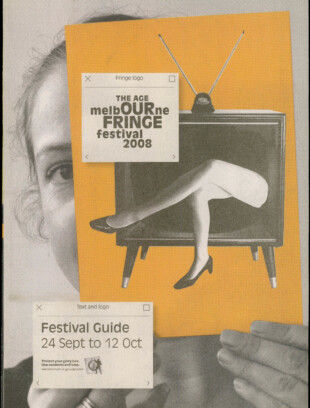
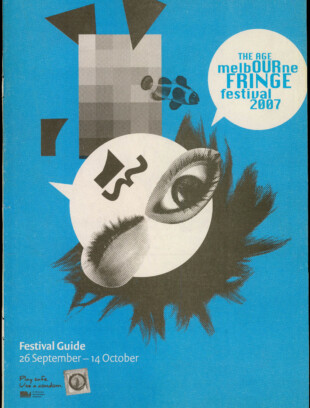
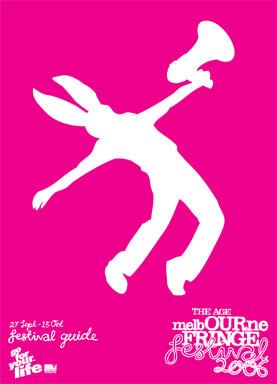
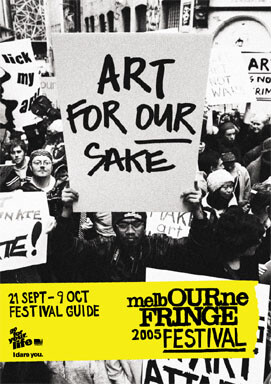
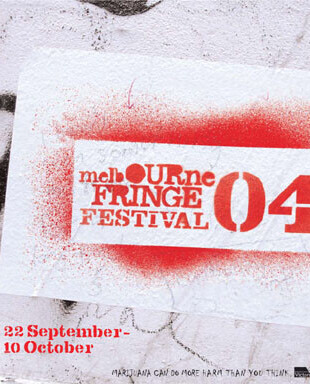
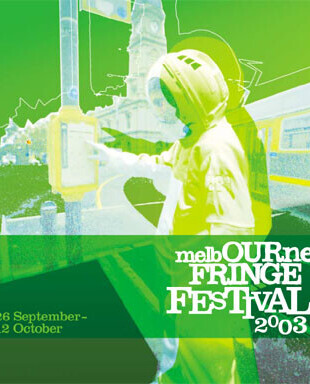
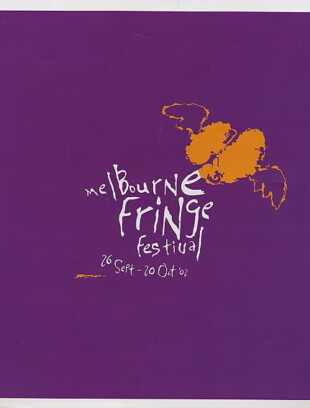
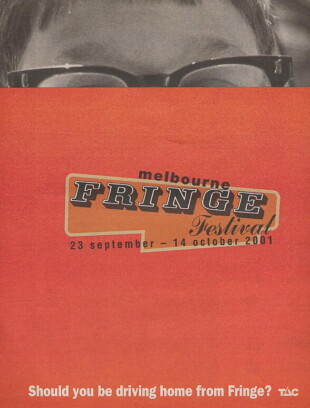
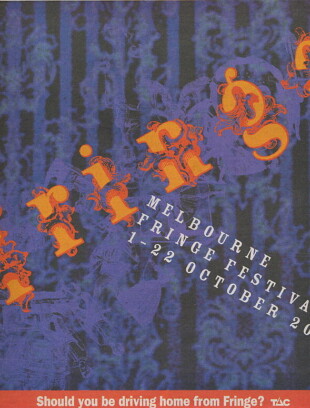
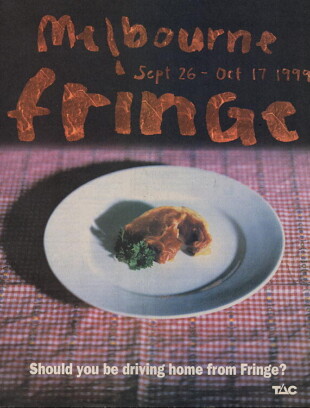
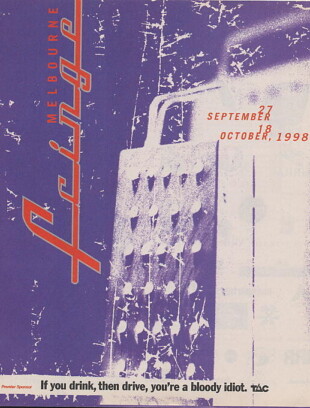
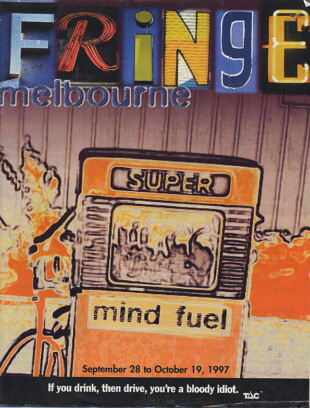
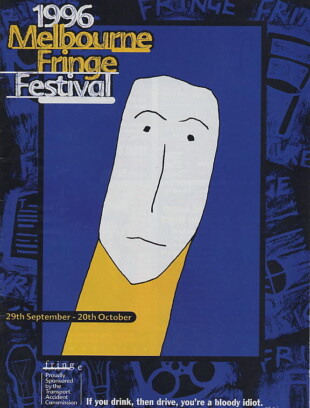
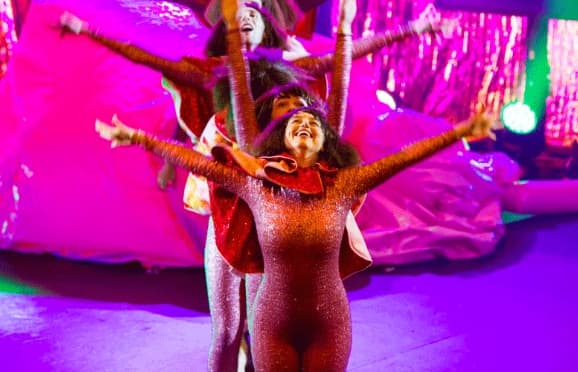
Let's be pen pals! Stay up to date with all things upcoming events, festival goss and, of course, cheeky giveaways.
"*" indicates required fields
All fields marked with * are required
All fields marked with * are required

